If you’ve got Apple TV Plus’ Pachinko on your radar, it’s probably because:
- It popped up on your feed, and you found it interesting
- You read the book, and like a masochist, want to relive the pain again
- Lee Min-ho! Enough said.
- All of the above.
All valid options, really. But I’m here to tell you it’s more than that.
My first tryst with Pachinko came by way of the New York Times best-selling novel, by Min Jin Lee. It took her more than 25 years to research and write the novel, and it clearly paid off. The story is invigorating, lush with themes of love, loss, and deceit. It inspects how our choices define not just our own fates, but also the fates of those who come after us. It’s the sort of story that’ll linger on your mind long after it has run its course.
So when I heard that Pachinko was getting a screen adaptation, I knew it wasn’t going to be your typical K-drama. Not by a mile. And here’s why.
1. Unlike Anything You’ve Seen Before
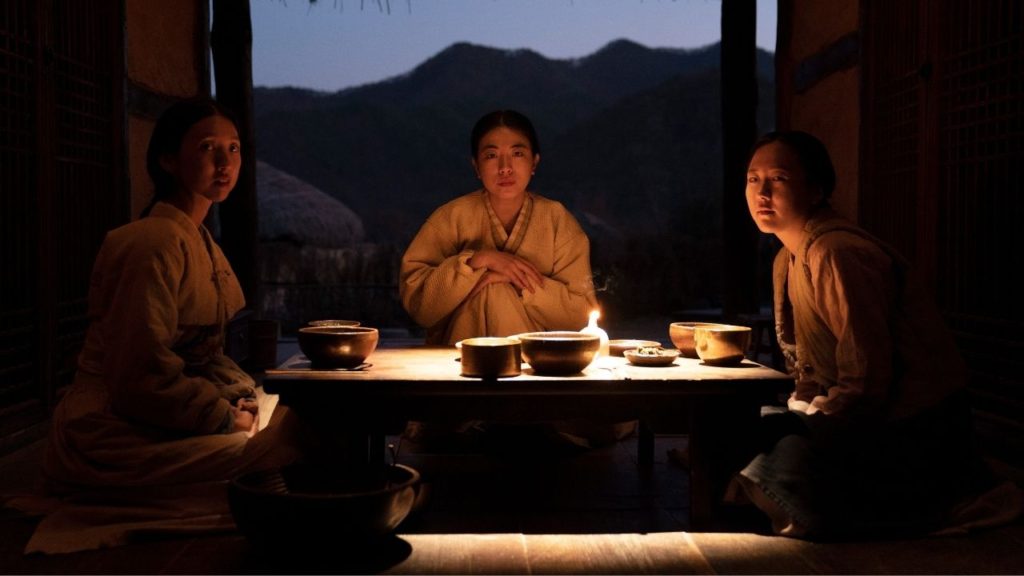
Pachinko follows the multi-generational tale of a Korean family, against the backdrop of the Japanese occupation of the 1900s, told over a span of 80 years, and through the lives of four generations. It casts Korea, as we know it, in a very different light. (In case you missed it,) Japan had annexed Korea in 1910, and over the course of 35 years, attempted to cleanse out Korean culture and replace it with their own. The Korean people, however, were faced with a choice: to stay and suffer in a land that was no longer their own, or reluctantly leave their motherland in search of a better life. Neither of which were particularly peachy options.
Pachinko manifests the push and pull between each choice: the struggle to endure and the desire to break away from confines that hold them. It is profound, devastating, and beautiful all at once. It is a Korean story like no other, and it is excellent.
2. The Immigrant Experience: Good, Bad, and Ugly
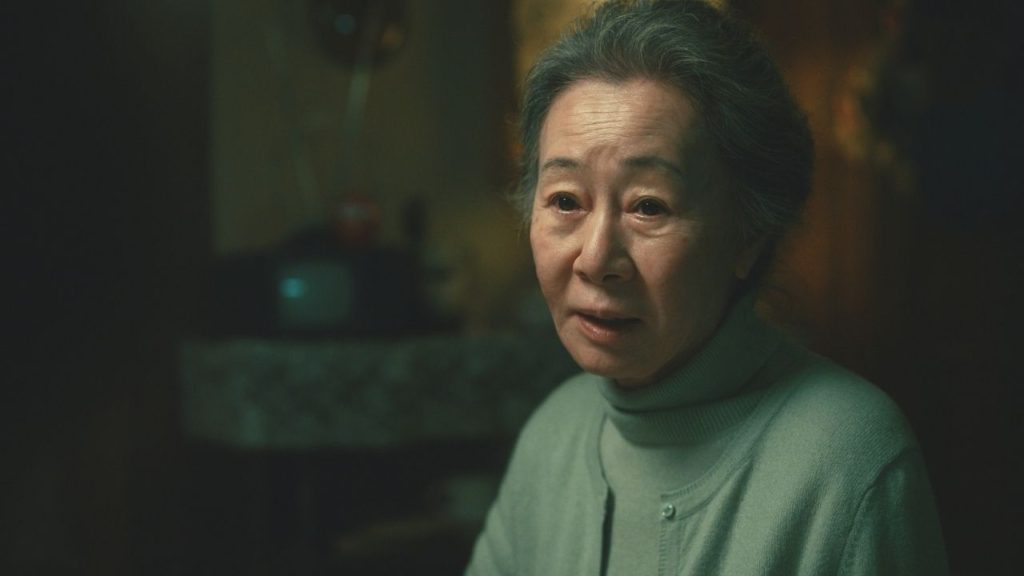
The immigrant experience may differ for many, but the one thing we can all agree on is that it’s never a picnic. There’s always that seedling of doubt and disorientation woven into every decision, interaction, and experience. Moving to a new country comes with its own set of fears. Moving to a country that does not want you only amplifies those fears. Gnawing anxiety. Looming paranoia. Helpless uncertainty. And author Min Jin Lee deftly weaves them into the story, with each character either challenging or surrendering to their foreigner status.
Koreans are outcasts, treated like second-class citizens, afterthoughts, and inconsequential byproducts to the growing Japanese empire. Through the generations, there is an evident struggle to find their footing, whether by rejecting their ethnic culture, or desperately holding on to any semblance of it. Pachinko is a validation of that experience, of being at an impasse, and the desperation to belong somewhere.
3. Family Ties and Fate
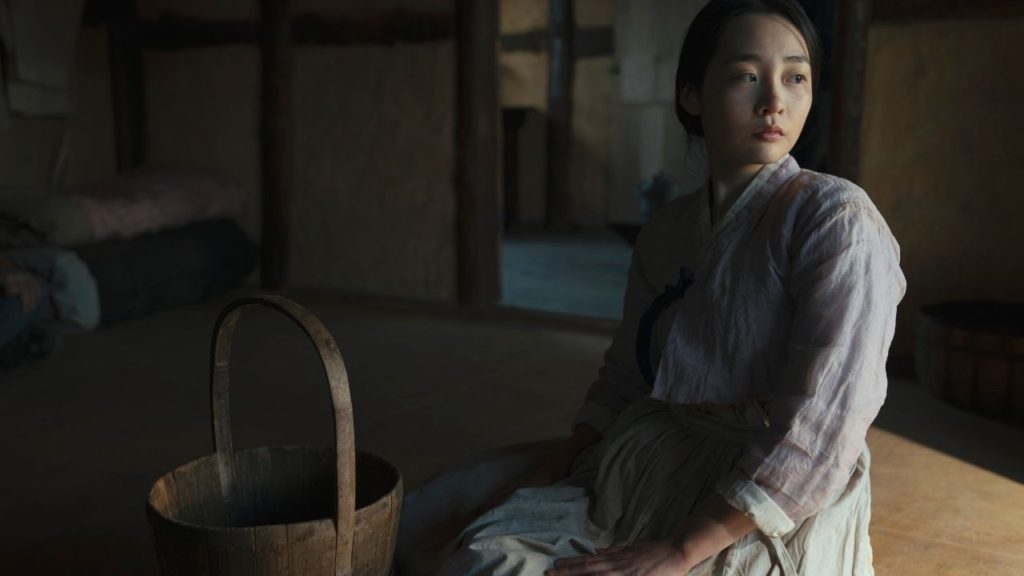
If your thoughts so far have been, “Oh no, this sure sounds like a history lesson,” I assure you that Pachinko is very much a family story at its core. Think Sky Castle meets Mr. Sunshine, but less of the power play and more of, well, poverty.
What makes it so profoundly universal are the characters’ ceaseless struggle to safeguard the future of their loved ones. A mother’s tenacity to protect her children, despite the limitations to her gender. A father’s selfless sacrifice to provide a life for his family. A son’s persistence to reclaim his identity in the face of devaluation. These struggles span over generations. Yet, they persevere. And you root for them, every step of the way.
4. Triumph of Dreams
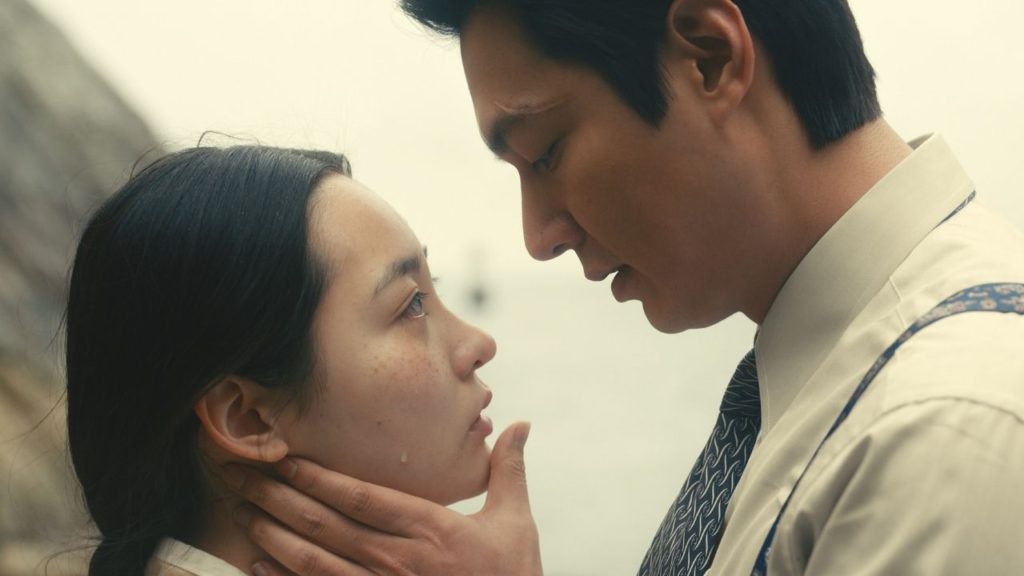
But it’s not all bleak, I promise. Well, not completely. Everyone wants to live the “Japanese Dream,” even the Koreans that have been cast out of society. With almost nothing left – no land, identity, or freedom – dreams are all they have to cling on to. Whether it’s breaking the shackles of poverty, or exorcising the ghosts of the past, dreams are their lifeline. Making their sombre reality all the more brighter, offering hope even when all hope seems to be lost.
5. Timely Yet Timeless
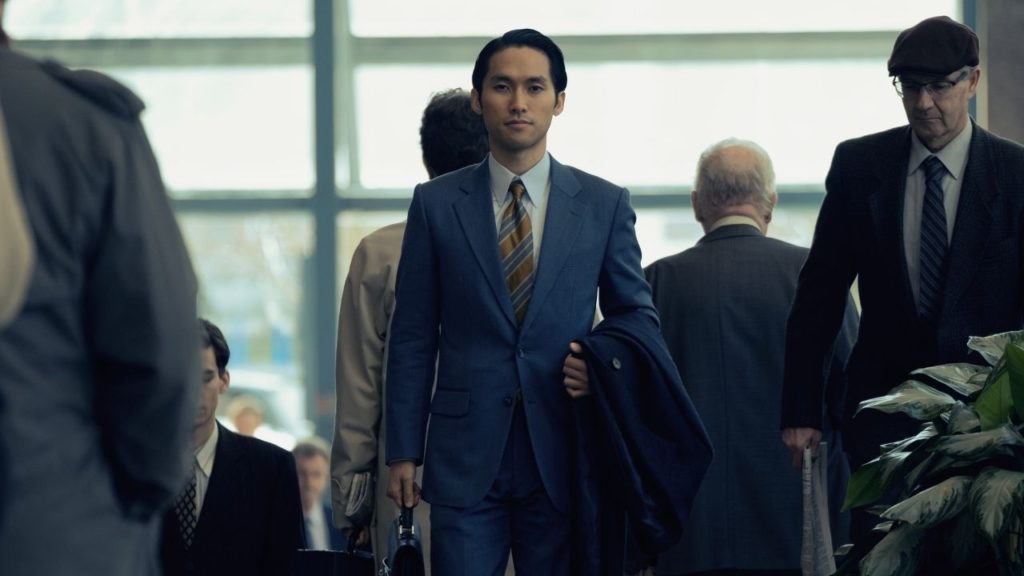
Nearly a century later, imperialism still preys on the world and people are still used as chess pieces to advance state power. Wars have not ceased. Racial prejudice still thrives. Lives are collateral damage. And yet, humanity still prevails.
Pachinko encapsulates what it means to live in the face of defeat and loss. Every character faces the brunt of discrimination, working twice as hard to stand in the same room as their “superiors.” Their struggles are not in vain. But their struggles shouldn’t exist at all. The story gives a voice to a void, of the lives left behind to face the weight of war and the toils of labour. It’s raw, real, and undoubtedly, relevant, especially in a time where prejudice and needless conflict still run rampant across the world.
BONUS: Lee Min-ho in His Kingpin Era
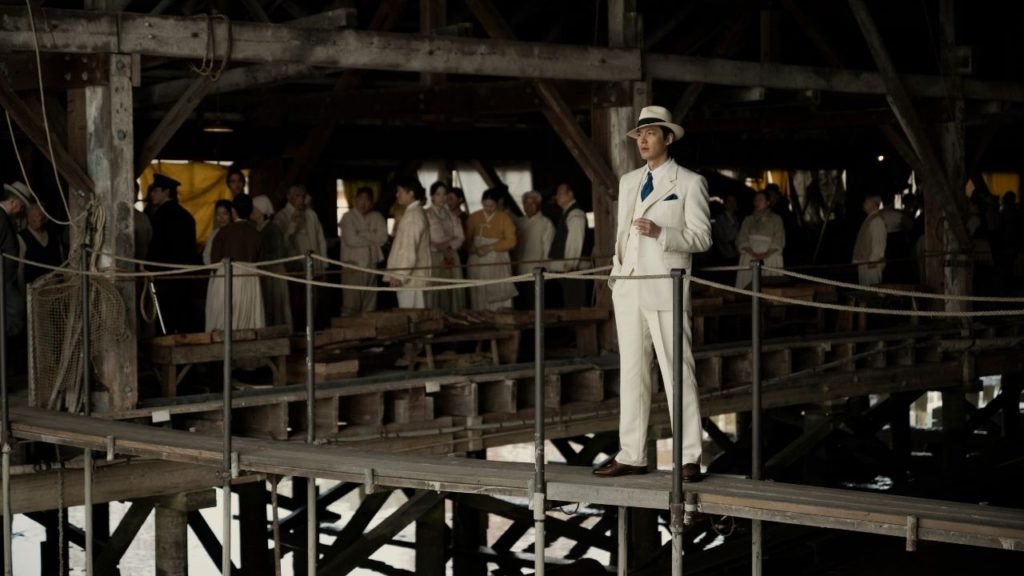
Let’s just say, this is a role that we’ve both seen, and simultaneously never seen, Lee Min-Ho play before. If you threw some of his previous characters into a blender: (toxic) heartthrob Gu Jun-pyo from Boys Over Flowers, charming sweeper Lee Yoon-sung from City Hunter, and uber-rich brat Kim Tan from The Heirs, you’ve pretty much got his character from Pachinko, Koh Hansu, down pat. Not to mention, with an extra flavour of Kingpin, from his underlying coldness to the all-white cosplay.
Pachinko is a love-letter to the Korean experience, to all those who endured under the fist of Japanese colonialism, and the stateless Koreans forced to carve out new lives in Japan. They were neither a footnote in history, nor an offshoot of conflict. Despite being fictitious, it breathes life into real stories of real people. And above all, it inspires hope and endurance, against all odds.

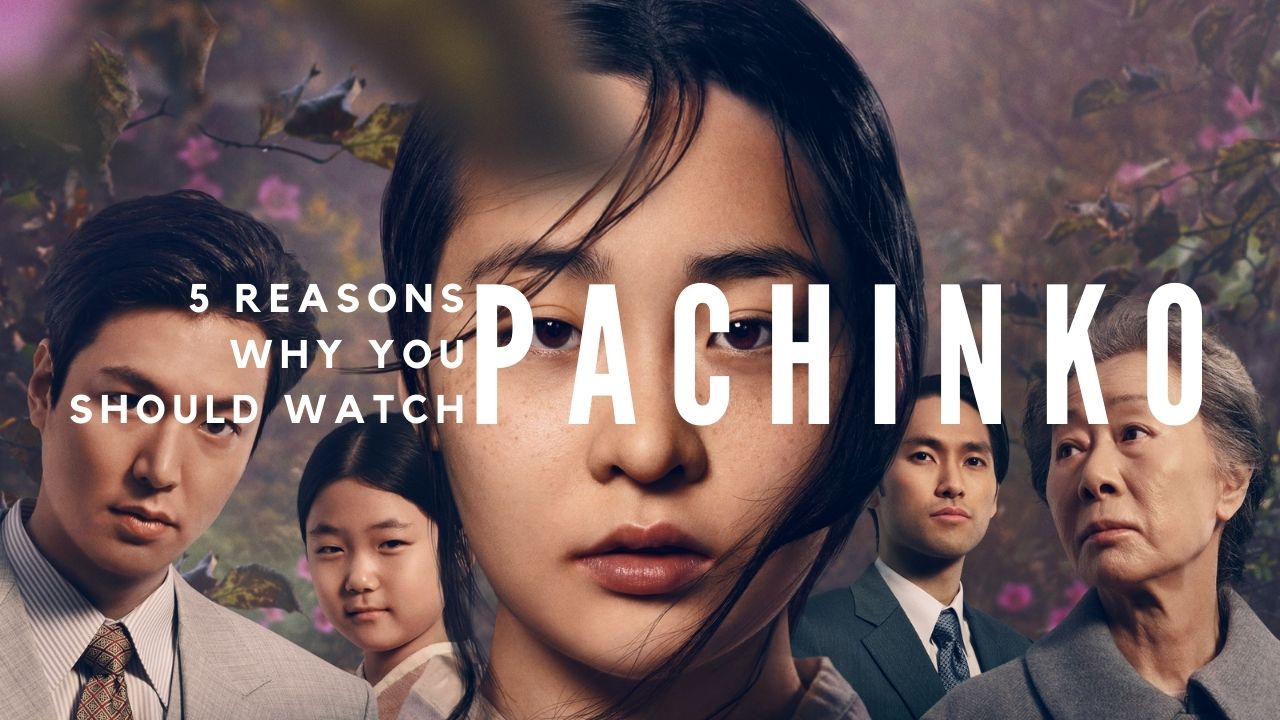

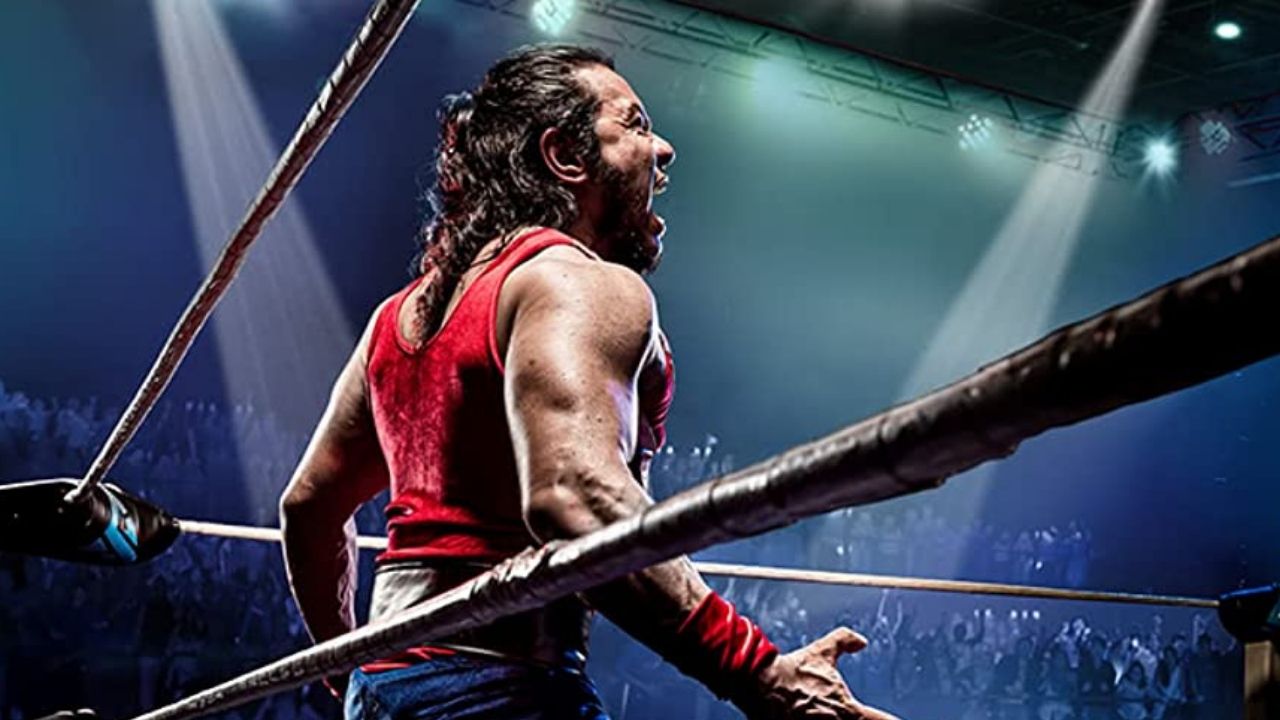


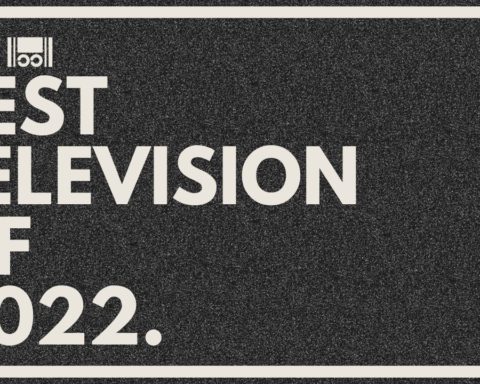
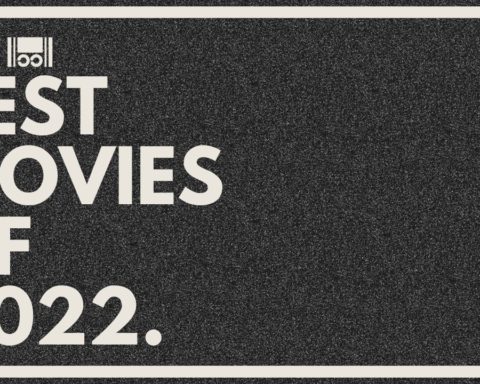

Follow Us